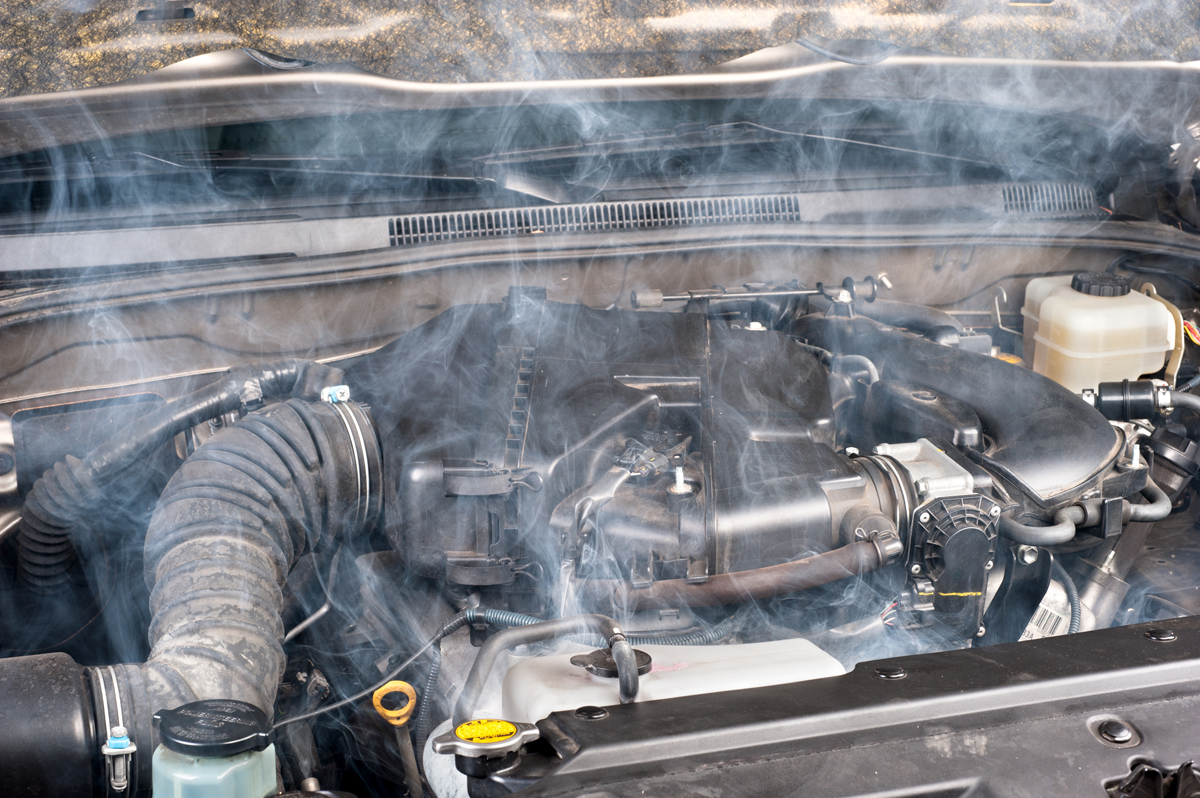What Causes a Car Engine to Seize Up?
A seized engine is a serious problem that can leave you stranded on the side of the road. It can also be very expensive to repair. In this article, we’ll discuss the various causes of seized engines and what you can do to prevent them.
1. Lack of Oil
The most common cause of a seized engine is a lack of oil. Oil is essential for lubricating the moving parts of your engine, and without it, those parts will start to grind against each other. This can cause a lot of heat and friction, which can eventually lead to the engine seizing up.
There are a few things that can cause a lack of oil, including:
- An oil leak
- A clogged oil filter
- Not changing your oil regularly
If you think your engine may be low on oil, check the oil level immediately. If the oil level is low, add oil and check your engine for any leaks.
2. Overheating
Another common cause of a seized engine is overheating. Overheating can occur for a variety of reasons, including:
- A coolant leak
- A clogged radiator
- A faulty thermostat
- Driving in hot weather
When your engine overheats, the metal parts can expand and seize up. This can cause major damage to your engine.
If your engine is overheating, pull over to a safe place and turn off the engine. Allow the engine to cool down before checking the coolant level. If the coolant level is low, add coolant and check your engine for any leaks.
3. Debris in the Engine
Debris in the engine can also cause it to seize up. This debris can come from a variety of sources, including:
- Metal shavings from a worn engine
- Carbon deposits
- Water
If debris gets into the engine, it can clog the oil passages and cause the engine to seize up.
To prevent debris from getting into the engine, keep your engine clean and change your oil regularly.
4. Mechanical Failure
In some cases, a seized engine may be caused by a mechanical failure. This could be due to a broken piston ring, a damaged crankshaft, or a failed connecting rod.
Mechanical failures are usually caused by normal wear and tear or by a lack of maintenance.
If you think your engine may have seized due to a mechanical failure, you should take it to a mechanic for diagnosis.
Preventing a Seized Engine
There are a few things you can do to prevent your engine from seizing up:
- Check your oil level regularly and add oil as needed.
- Change your oil and oil filter every 3,000 to 5,000 miles.
- Keep your engine clean by regularly washing it and changing the air filter.
- Avoid overheating your engine.
- Have your engine inspected by a mechanic regularly.
By following these tips, you can help prevent your engine from seizing up and keep it running smoothly for many years to come.





